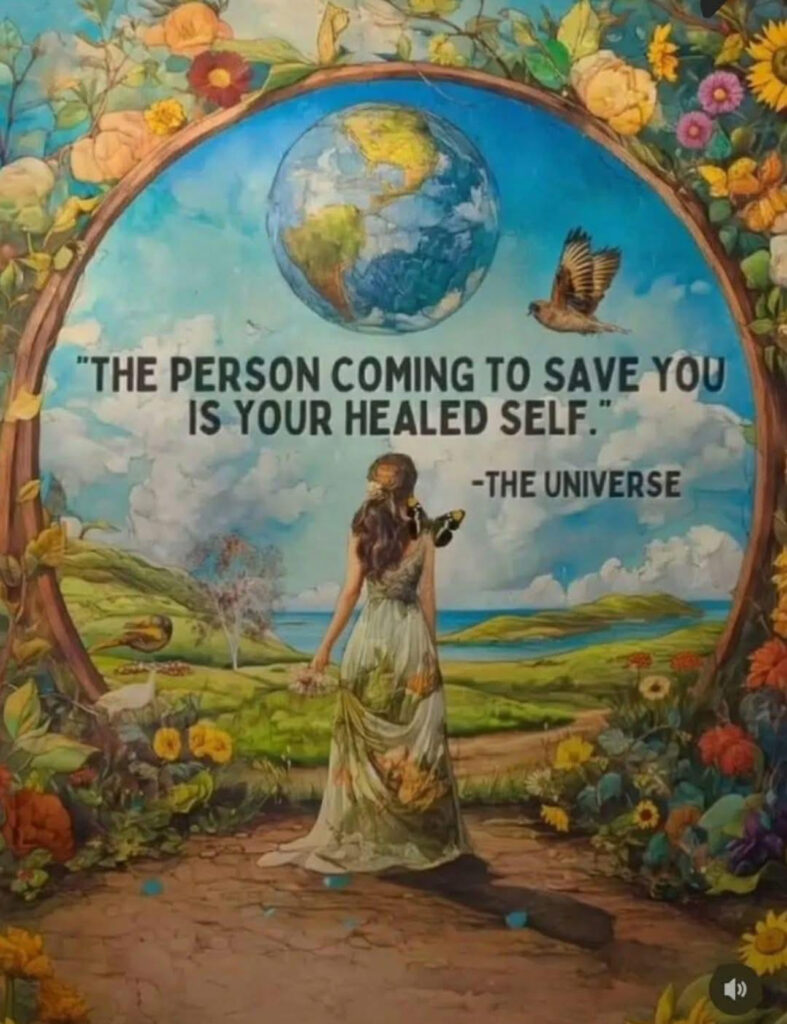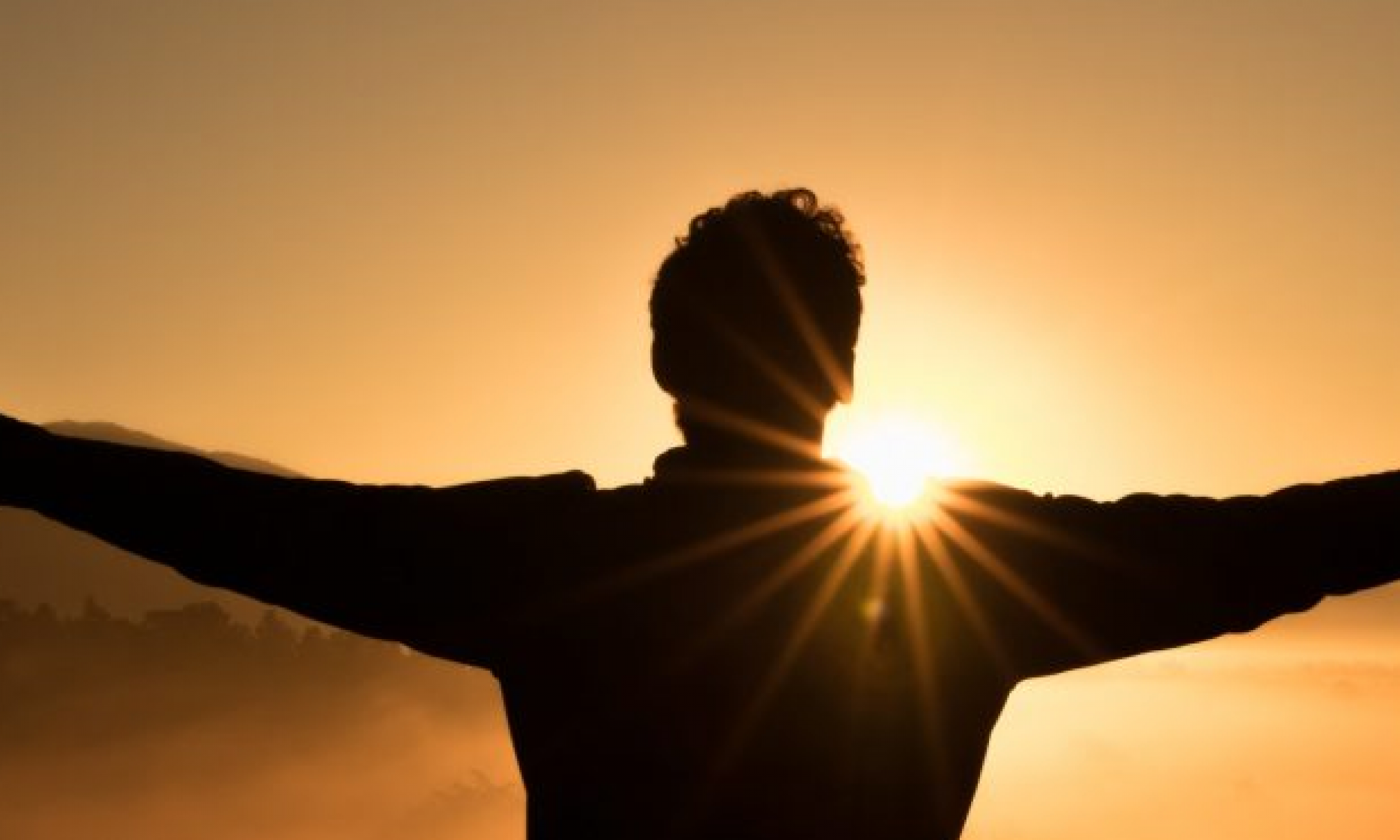
The Forgiveness Project
An Extensive Exploration of the Art, Power, and Necessity of Forgiving
⸻
Introduction: Forgiveness as a Life Project
Forgiveness is not a one-time act. It is a lifelong practice, a sacred project each of us is invited to undertake if we are to know true peace. Life gives us countless opportunities to practice forgiveness: in the wounds we inherit from our parents, in the mistakes of our younger selves, and in the pain caused by others throughout our lives. Forgiveness is not about condoning harm, excusing behavior, or pretending pain never happened. It is about releasing ourselves from the energetic chains of resentment, anger, and bitterness so we can live free, whole, and present.
When we take on The Forgiveness Project, we are committing to healing the unhealed places within us. We are choosing freedom over bondage, peace over conflict, and love over fear.
⸻
Forgiving Our Parents: Healing the Roots
Our parents are often our first teachers, our first source of love, and—inevitably—our first source of pain. Whether through neglect, misunderstanding, harshness, or their own unhealed wounds, every parent leaves imprints on the hearts of their children. Some of these imprints nurture us; others wound us.
Why this forgiveness matters:
• Breaking cycles: When we forgive our parents, we prevent their unhealed trauma from becoming our inheritance. We break generational cycles of pain.
• Releasing expectation: Forgiveness allows us to see our parents as human beings—flawed, limited, and learning, just as we are.
• Restoring compassion: We learn to honor what they could give while releasing resentment for what they could not.
Practices:
• Write a letter (unsent) to your parents expressing the hurt, then another expressing forgiveness.
• Reflect on their childhood—what traumas, limitations, or struggles shaped their parenting?
• Create rituals of release: light a candle, speak their names, and consciously return their burdens to them.
⸻
Forgiving Our Younger Self: Reclaiming Innocence
We are often harsher with ourselves than with anyone else. We blame our younger self for choices made in ignorance, fear, or desperation. Yet every decision we made was the best we could with the tools and awareness we had at that time.
Why this forgiveness matters:
• Self-compassion: Forgiving ourselves allows us to reclaim inner peace and stop reliving shame.
• Integration: When we forgive our younger selves, we gather back the scattered parts of our soul and integrate them into the wholeness of who we are.
• Growth acknowledgment: We shift focus from mistakes to lessons, honoring how far we’ve come.
Practices:
• Visualize your younger self standing before you—look them in the eyes and tell them they did their best.
• Write an apology to your younger self for abandoning, criticizing, or rejecting them—and then write words of forgiveness and love in response.
• Use affirmations like: “I forgive myself for not knowing what I know now. I am whole. I am worthy. I am free.”
⸻
Forgiving Those Who Have Harmed Us: Releasing the Chains
We carry the weight of pain inflicted by others—betrayals, abuse, rejection, cruelty. Left unhealed, these wounds harden into bitterness, mistrust, and even illness. Forgiveness is the key that unlocks the prison door we may not even realize we’re in.
Why this forgiveness matters:
• Freedom over bondage: Forgiveness does not erase the past, but it ends its power to control us.
• Health and vitality: Studies show that forgiveness reduces stress, lowers blood pressure, and strengthens the immune system.
• Soul sovereignty: By forgiving, we reclaim our energy from the person who harmed us and return it to ourselves.
Practices:
• Imagine cutting energetic cords with those who harmed you, releasing yourself from entanglement.
• Practice the Ho’oponopono prayer: “I’m sorry. Please forgive me. Thank you. I love you.”—directed inward or outward.
• Remember: Forgiveness is not reconciliation. You can forgive someone without allowing them back into your life.
⸻
The Spiritual Dimension of Forgiveness
Across every culture and spiritual tradition, forgiveness is seen as a pathway to liberation. Whether it’s Jesus teaching to forgive “seventy times seven,” the Buddhist practice of loving-kindness, or indigenous rituals of release, forgiveness is recognized as the soul’s way of cleansing itself.
Forgiveness elevates our vibration. It opens our hearts to love. It restores alignment with Source. Without forgiveness, the channel between us and the Divine is cluttered with grievance. With forgiveness, we return to flow, grace, and peace.
⸻
The Forgiveness Project: Living It Daily
To treat forgiveness as a project is to live consciously, practicing release as often as we practice breath. Some practical steps for making forgiveness part of daily life:
- Morning Check-In: Each day, ask: Is there anyone I am holding resentment toward, including myself?
- Micro-forgiveness: Practice forgiving small irritations (traffic, disagreements, delays) to strengthen the muscle.
- Ritualized Release: Use journaling, prayer, meditation, or symbolic acts (burning letters, river releases, candle lighting).
- Embodied Forgiveness: Pair forgiveness with breathwork, movement, or sound (chant, sigh, dance) to release tension stored in the body.
- Community Sharing: Forgiveness becomes deeper when witnessed—share your stories of release in safe, supportive circles.
⸻
Conclusion: The Gift of Liberation
Forgiveness is not about the other person—it is about us. It is the most radical act of self-love we can offer, the most powerful medicine for a weary soul. When we forgive, we choose freedom. We choose peace. We choose to stop repeating the past and to live fully in the present.
The Forgiveness Project is lifelong. Some wounds take years to forgive, others resurface again and again. But every act of forgiveness is a doorway into deeper compassion, greater strength, and a truer alignment with who we are.
To forgive is to be free. To forgive is to heal. To forgive is to remember that love is always greater than pain.
